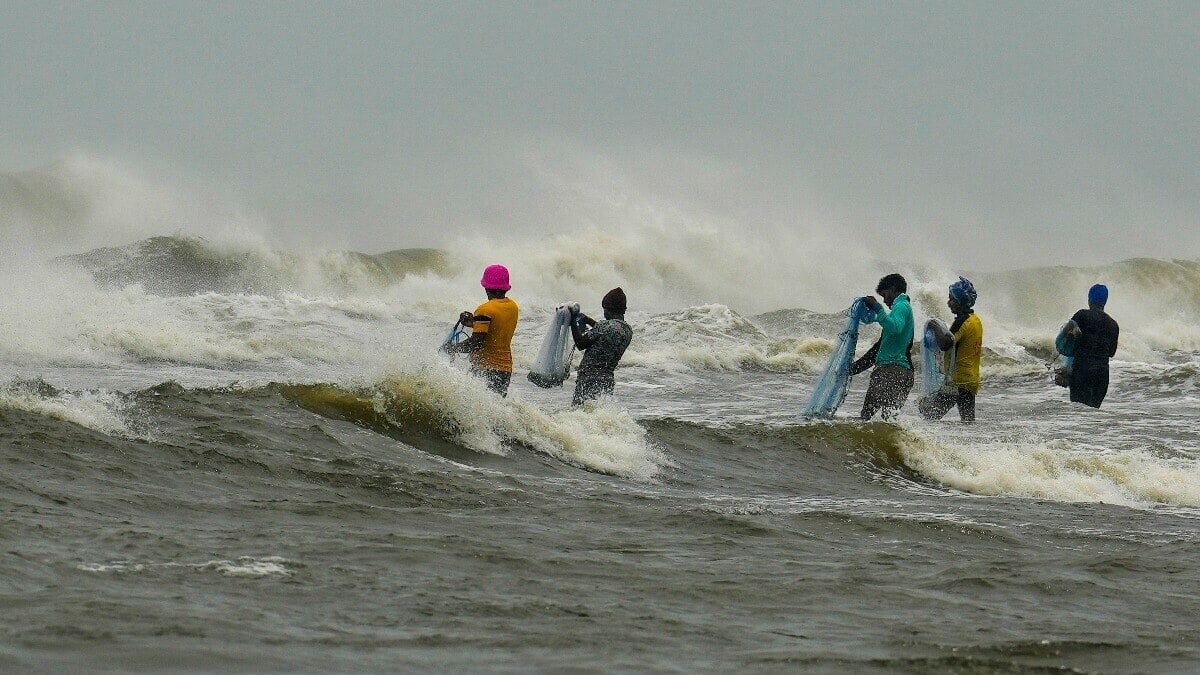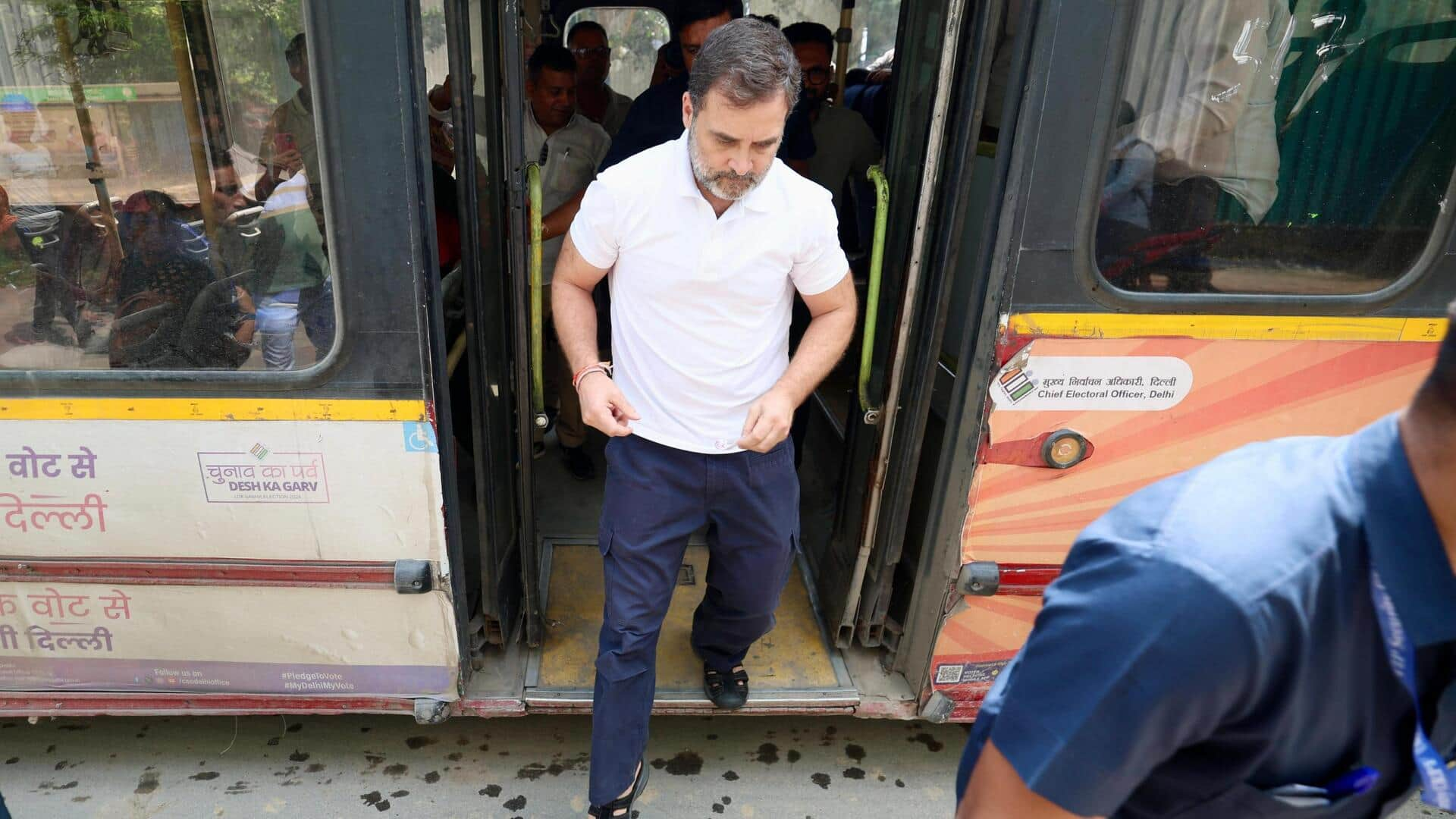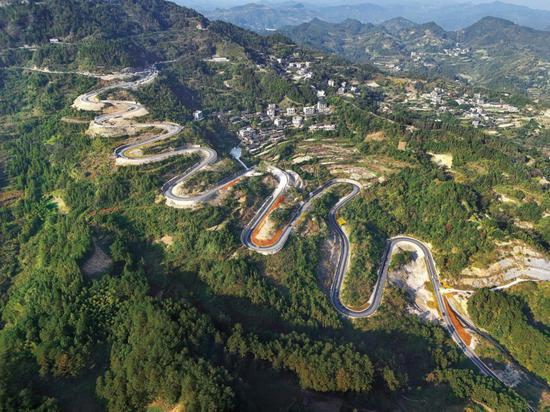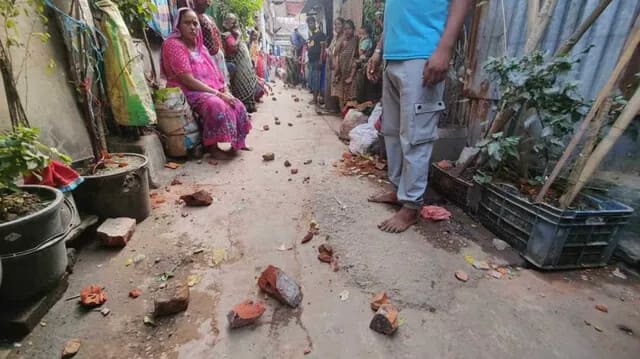
TWO cancers – corruption and state capture – are ravaging Nigeria, leaving it sapped and unable to look after its people or assert its authority on the continent or the global stage. Capital project costs are inflated, delayed, or eventually abandoned. The Federal Government listed 4,000 abandoned projects valued at N16 trillion.
At the state level, governors charged with grand corruption after their tenure somehow escape punishment. Corruption stinks in Nigeria. This year, the country ranked 145 out of 180 surveyed, scoring 25 points out of 100 on the Transparency International corruption perception index.

In a global survey in which countries and territories are rated from 0 to 100 points (100 indicating very clean), 25 points is a severe indictment. From the rating, Nigeria is far more corrupt than Benin Republic, Ghana, Niger, and Gabon, the first two countries posting 43 points, the last pair down to 32 and 28, respectively, on the CPI. Chad and Sudan are the only African countries with dodgier corruption issues than Nigeria, with 20 points apiece.
According to TI’s study, 43 per cent of people surveyed thought corruption had increased in Nigeria in the last 12 months. This must change. Former President Muhammadu Buhari said $150 billion of Nigeria’s oil money was looted in the 10 years to 2015.
Nigeria’s corruption level is near a fatal stage, says former President Olusegun Obasanjo at the 2024 Chinua Achebe memorial lecture at America’s Yale University. Obasanjo described the country’s leadership as lacking merit, pragmatism, and honesty. He pointed to state capture as “a type of systemic political corruption in which private interests significantly influence a state’s decision-making processes to their own advantage.
” A captured state runs on the whims and caprices of the captors, not for the people. “The (Nigerian) judiciary is a very pale version of its once internationally esteemed self,” Obasanjo said. “Politicians after rigging elections openly ask their rivals to go to court.
..because they are aware that they have completely compromised the judiciary system.
Related News Oyo partners ICAN to fight corruption Corruption, great monster still battling Nigeria, says Obasanjo Youth council unveils app to tackle insecurity, corruption in Anambra “A number of judges are in the pockets of wealthy politicians and individuals and make judgements not based on the law of the land but (on the interests of) the highest bidder.” A Justice of the Supreme Court, Kayode Eso, lamented before his death that “billionaire judges” had captured the judiciary. Court judgements are bewildering.
Corruption and state capture are old diseases. The affliction is noticeable in every government, including Obasanjo’s. The electricity sector was broken up and handed to friends and allies.
Leaders sell government property to friends and cronies. The cancers are systemic. They are spreading dangerously and more difficult to manage.
Every state governor ensures that local governments and the state legislature are in his pocket. Security agents have been seen on Election Day looking the other way while political thugs snatch ballot boxes or destroy electoral materials. After eight years in the Government House, the National Assembly is now a retirement home for the governors who open a new chapter in luxury living at the expense of the masses.
Governors accused of looting their states end up as federal lawmakers deciding government policy. Federal lawmakers reportedly receive N21 million monthly in a country where the minimum wage is N70,000 monthly and poverty is ubiquitous. The executive arm of government gifts legislators N500 million annually for constituency projects.
In turn, the federal legislature passes almost every executive bill no matter how frivolous or potentially ruinous. This completes the state capture, sending a message of hopelessness to the people. Nigeria should work for everybody, not a few powerful forces.
.










